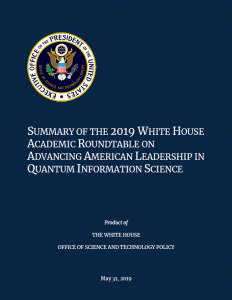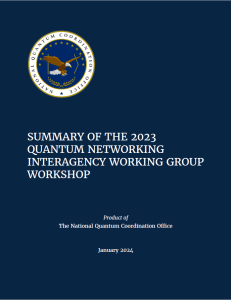The first component of the national quantum strategy is getting the science right by understanding the applications and timelines by which quantum information science (QIS) will benefit society, and the roadblocks we must overcome to get there. This involves establishing research infrastructure such as national QIS research centers, enhancing core programs that have funded research in QIS for decades, and other activities.
QIS CENTERS
The National Quantum Initiative (NQI) Act calls for the National Science Foundation (NSF) and the Department of Energy (DOE) to establish new Centers focusing on QIS research and discovery. In alignment with this goal, NSF announced the Quantum Leap Challenge Institutes solicitation and first round of Awards. DOE announced the National QIS Research Centers funding opportunity FOA and Awards. These Centers bring together multidisciplinary teams to tackle some of the most complex and urgent problems in quantum information science and engineering. With connections to universities, National Laboratories and industry, these NQI Centers will explore quantum frontiers, stimulate QIS technology development, and expand QIS training opportunities. NQI Centers compliment core programs and other large investments in QIS research and development. In addition, the National Defense Authorization Act for Fiscal Year 2020 authorized the Department of Defense to establish additional Research Centers to accelerate quantum information science and technology.
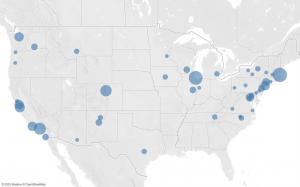
NSF Quantum Leap Challenge Institutes
- Q-SEnSE: Quantum Systems through Entangled Science and Engineering (NSF QLCI Award)
- HQAN: Hybrid Quantum Architectures and Networks (NSF QLCI Award)
- CIQC: Challenge Institute for Quantum Computation (NSF QLCI Award)
- QuBBE: Quantum Sensing for Biophysics and Bioengineering (NSF QLCI Award)
- RQS: Institute for Robust Quantum Simulation (NSF QLCI Award)
- Q-NEXT · Next Generation Quantum Science and Engineering
- C2QA · Co-design Center for Quantum Advantage
- SQMS · Superconducting Quantum Materials and Systems Center
- QSA · Quantum Systems Accelerator
- QSC · The Quantum Science Center
NDAA QIS Research Centers
- LQC: LPS Qubit Collaboratory
- Air Force Research Laboratory
- Naval Research Laboratory
- Army Research Laboratory
CORE PROGRAMS
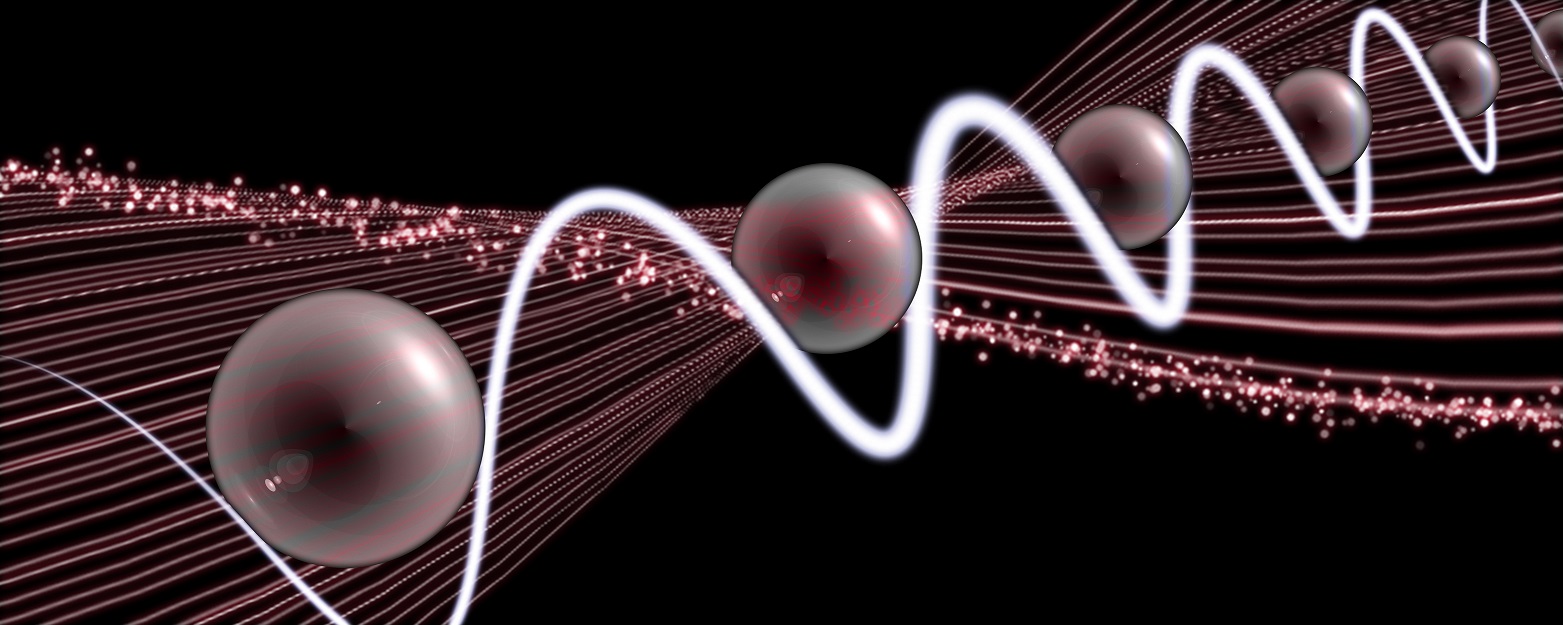
Credit: Kelly Cooper Younge, University of Michigan
The National Quantum Initiative calls for strong QIS R&D programs at all levels. Core programs from several disciplines, with efforts both small and large, helped get the field of QIS where it is today. They explore a diverse range of platforms and approaches, and nurture a culture of discovery. Substantial programs for individual investigators, teams, hubs, and Center-scale efforts are supported by several U.S. Departments and Agencies.
Links to some core programs:
- NIST QIS page, NIST Physical Measurement Laboratory (PML), and NIST joint institutes: JQI, QuICS, and JILA
- NSF QISE page and NSF Connections in QIS programs, and ongoing NSF center-scale Activities with QIS Components
- DOE QIS page and DOE Program Offices QIS Pages and resources
- NASA Quantum Artificial Intelligence Laboratory
- DOD OUSD (R&E) and DOD Vannevar Bush Faculty Fellowship,
- DOD Basic Research at DARPA, ARL, ARO, NRL, ONR, AFRL, AFOSR, and the AFRL Innovare Center
- NSA/LPS solid state and quantum physics
- IARPA quantum programs
SCIENCE EVENTS
White House Academic Roundtable on Quantum Information Science
On May 31, 2019, the White House Office of Science and Technology Policy National Quantum Coordination Office convened a wide-ranging group of more than 25 key academic leaders and educators who prioritize QIS R&D for The White House Academic Roundtable on Quantum Information Science.
Summit attendees participated in a set of dialogues focused on QIS academic programs currently offered around the country, best practices to establish Institutes and Centers to advance QIS, and identification of challenges and opportunities that experts foresee in connecting basic research to innovators and entrepreneurs. A panel of innovation experts worked with the group to examine parallels between their experiences creating, funding, and supporting innovation in emerging technologies, and the activities and approaches that are being developed now to foster innovation in QIS.
More information about the roundtable can be found in an event summary.
National Quantum Initiative Centers Summit
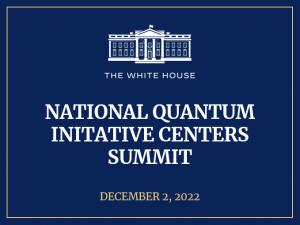
On December 2, 2022, the White House Office of Science and Technology Policy hosted thirteen National Quantum Initiative (NQI) and National Defense Authorization Act (NDAA) research centers to discuss the most pressing scientific and workforce challenges affecting quantum information science, as well as the impacts and benefits of the field for all of society.
The summit convened three roundtables. During the first, each center described their mission, major scientific impacts, as well their approaches to building multi-disciplinary research teams, engagement with industry, and education and outreach. Two themes emerged from this roundtable: (1) a science-first approach to quantum information science is still paramount, and (2) the importance of growing the quantum workforce.
A press release is available at this link.
Quantum Networking Interagency Working Group Workshop
The White House Office of Science and Technology Policy’s National Quantum Coordination Office convened a workshop in June 2023, bringing together experts in quantum networking and communication for discussions on research goals, gaps, challenges, and opportunities for interagency coordination. In addition, the workshop provided an opportunity to discuss the implementation of the national strategy for A Coordinated Approach to Quantum Networking Research, and to look toward the future as the Subcommittee on QIS and the Quantum Networking Interagency Working Group considers updating the strategy, as called for in the CHIPS and Science Act of 2022. Attendees included representatives from fifteen Federal departments and agencies and select Department of Energy National Laboratories and National Science Foundation Quantum Leap Challenge Institutes.
The workshop had two panels focused on topics such as priorities for quantum networking, the quantum networking workforce, near- and long-term opportunities for collaboration and coordination, use-case development, and next steps for addressing gaps in quantum networking at the national level. The panels were followed by five breakout sessions on Domestic Cooperation and Coordination, Critical Components and Supply Chains, Near-Term Applications, International Activities and Considerations, and Interoperability and Standards.
The event summary provides a representative, high-level snapshot of the themes discussed and major takeaways.


